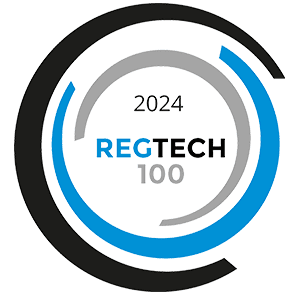You want to be on the ball with your clients, to give them the best possible advice and guidance to secure their futures. To do so, you need a strong foundation of confidence in the products you offer them, which begins with a thorough due diligence process.
Completing product due diligence should be a regular part of providing investment advisory services. In addition to being critical in your understanding of the products you offer, due diligence provides another layer of security for your organization.
Reviewing the Right Sources During Due Diligence
Due diligence should be more than just asking questions of the issuer when it comes to the due diligence of privately offered securities.
Of course, all companies want to position themselves in the best light. Your responsibility is to get the fullest and most accurate picture through your due diligence assessment.
When conducting due diligence of private offerings, your team should complete extensive research of the issuer, associated entities, and individuals. This includes researching online for undisclosed civil litigation, criminal history, or any other red flags. And again, all research should be printed and dated.
Documenting the Due Diligence Process
Documenting your research is another critical part of the due diligence process. If you complete your review but don’t document it thoroughly, you may have difficulty explaining your decision-making process to regulators if you’re ever questioned.
Some best practices for documentation include:
-
- Reviewing online financial data and publications
- Printing the materials you reviewed online and notating your thought process during the review (also, ensure these materials are timestamped as part of your printing)
- Verifying the online content against physical information
- Filing all materials together and making easily accessible for examiners who ask to review due diligence files
Creating a Repeatable Due Diligence Process
The reason you’re doing due diligence is to protect the interests of your clients and your firm. In order to most thoroughly manage risk, you need to ensure your due diligence process is consistent and repeatable.
All products should be evaluated based on the same standards. While some may require additional scrutiny to ensure they’re a fit, you should have a set of procedures you use to assess every opportunity. As a firm, create internal policies and procedures that outline your expectations in the due diligence process, making it an important part of your culture.
Your due diligence procedures should be included in your written compliance manual, and you should also have documentation that supports each due diligence review, ensuring the documented steps were following. If you’ve yet built a formal policy, invest time and resources in creating one as soon as possible, so you can get your team on the same page and can ensure you’re prepared for any audit questions that might arise.
Due diligence takes time, a resource we all wish we had more of.
However, its impact can’t be understated; conducting and documenting the due diligence process could be the difference between investing in a suitable product and making money for a client; investing in a poor product and causing a negative financial impact for them, or even at the worst falling prey to a scam or being subject to regulatory action or fine.
If you need support to build a due diligence process that works, keeps it top of mind at your firm, and ensures you’re well-positioned for success, our compliance professionals can help. Their experience working with firms across the country has given them far-reaching insight into the best ways to create, manage, and monitor processes like due diligence.





